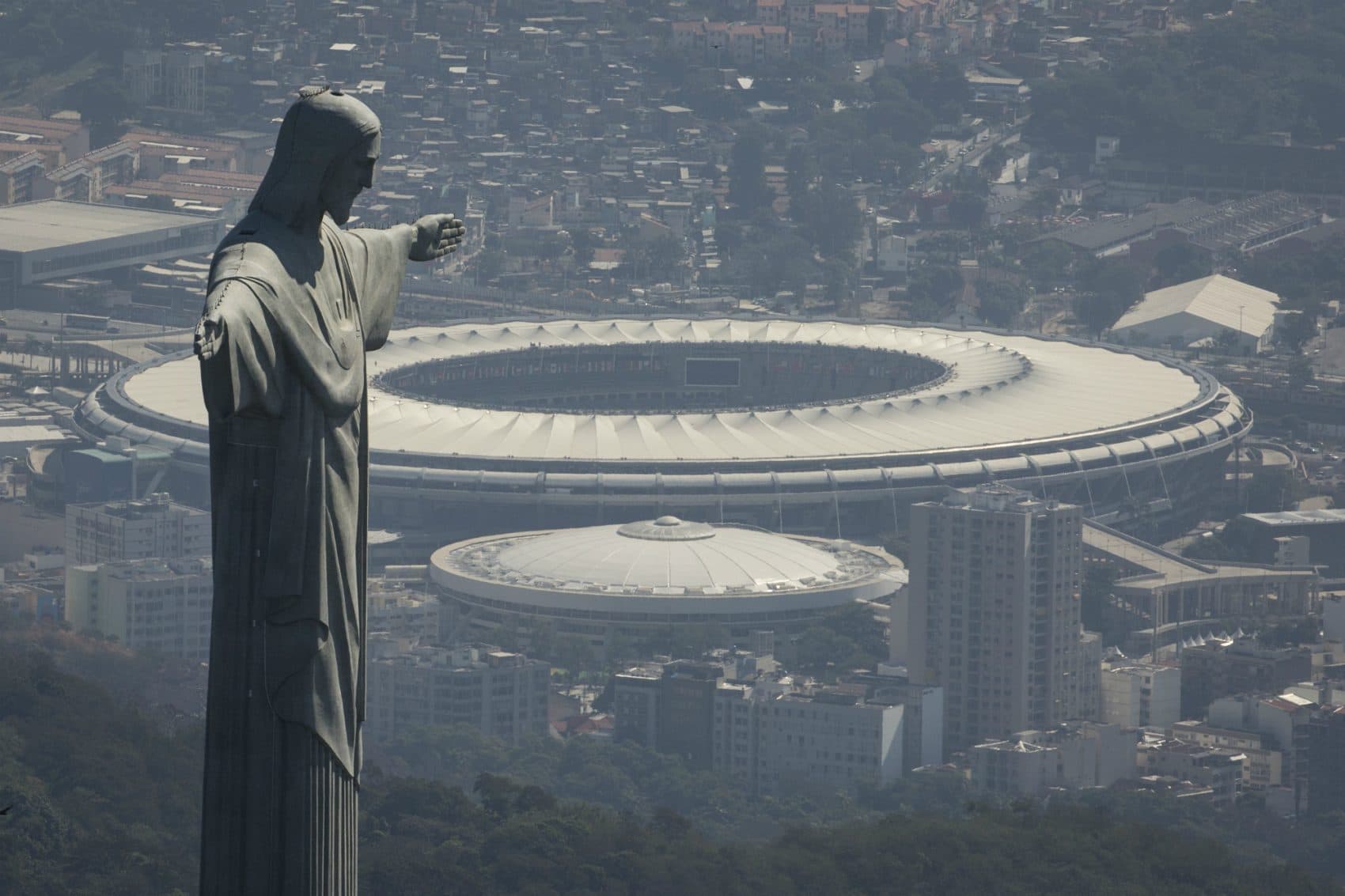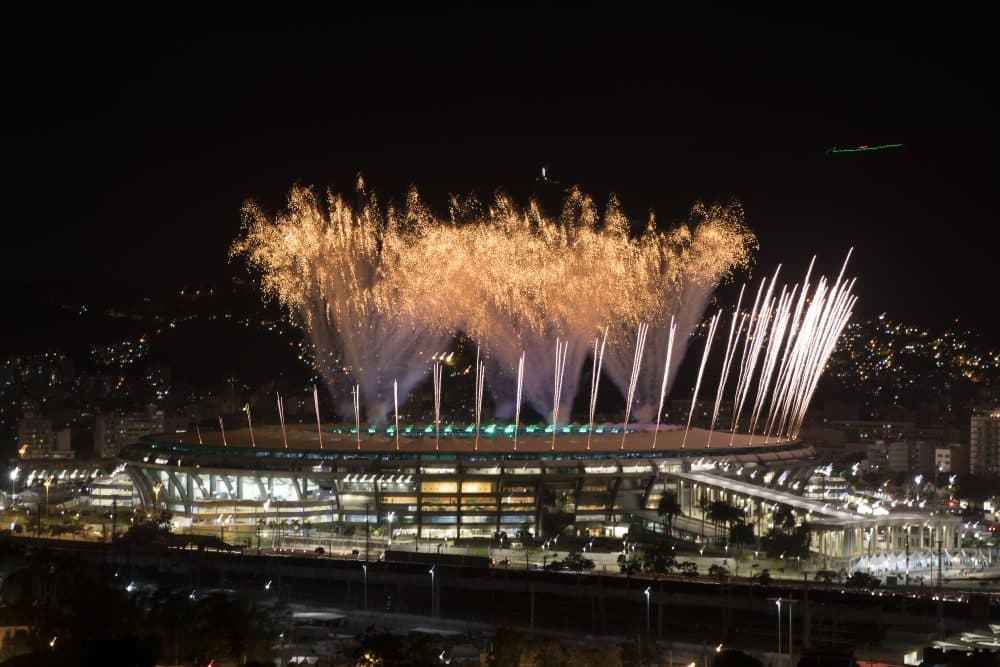Advertisement
Rio 2016: An Olympic-Size Public Relations Disaster

Rio 2016 needs a PR agent... or a new one.
For months, the media has reported on little but the negatives surrounding the upcoming Olympics. Here's just a sampling: the mosquito-borne Zika virus and the epidemic of babies with microcephaly; unpaid policemen at the airport greeting visitors with a banner saying “Welcome to Hell”; overcrowded hospitals turning away patients; body parts and human waste floating in the waterways where sailing and swimming events will be held; golfers opting to give these Games a pass; drug dealers in favelas selling cocaine in bags emblazoned with Olympic rings; spanking new bike paths collapsing and killing innocent cyclists; unfinished subway lines; a fire forcing the Australian Olympic team to evacuate the Athletes Village, during which time they are robbed; incipient terrorist plots; presidential impeachment proceedings; and looming budget deficits.
It’s been an unrelenting tale of woe.
Call it “media group-think.” As a card-carrying member of the fourth estate for over 30 years, I know how it works.
All of which is — or was at some point — true. And, all of which has been grossly, repeatedly exaggerated.
Call it “media group-think.” As a card-carrying member of the fourth estate for over 30 years, I know how it works. One reporter, digging vigilantly, writes a piece in, say, March that chronicles the many things that have gone wrong in advance of the Olympics. By May that story has served as the source for 500 other stories from various outlets, only a handful of which have done any additional reporting beyond Googling from a desk: newspaper journalists, internet bloggers, radio pundits, sportscasters, 24-hour news anchors, and columnists. Come June, when the original story is long out of date, the narrative has become nightly fodder for the late night talk show hosts. Floating body parts, human waste and sailors? Who couldn’t write a punch line to that? By July, it’s been accepted as gospel: Rio is toxic. The Olympics will be a disaster. To travel to the Games is to risk life and limb and generations unborn. People stay away in hoards. Perception becomes reality.
It’s too bad, because most of that stuff is either irrelevant or long out of date. The “Welcome to Hell” sign was on display for one day, in June, as a stunt to embarrass the state into giving the police and firefighters their back pay. It worked. Payments resumed and the sign went away. But the photo of the sign never, ever goes away. It’s on the internet forever.

I am here in Rio, on my own nickel, without a credential, and three days before Opening Ceremonies everything seems to be working pretty well. The police are on the job, an impressive and ubiquitous presence. People are friendly and welcoming to visitors. The city is clean. Traffic is moving, at least as well as traffic can ever move in a city of 6 million. The venues are ready to go. Olympic buses are running. Sure, there is plenty of last minute work being done, but it’s of the cosmetic variety: plazas being repaired, construction materials removed, barriers put in place. It reminds me of the Athens Olympics in that respect — a final flurry of activity to save face. Rio 2016 won’t look like the idealized renderings that helped the city win the bid, but the things that matter are in place.
Tickets are still available for almost every event. Yesterday morning I logged onto the Rio 2016 website and bought the best rowing seats for just $21. I got a seat to the table tennis event for $16.50. If I were going to be around for the golf, I could get a ticket to the finals for $33. I could even get tickets to Opening and Closing ceremonies for face value, though that would set me back either $1,000 or $1,500, depending on which section I chose. The $90 and $160 seats are sold out, which tells me that while the locals are supporting the Games, the high-rolling corporate types are staying away.
Rio 2016 won’t look like the idealized renderings that helped the city win the bid, but the things that matter are in place.
It’s a shame. In four days I literally haven’t seen a mosquito, despite tempting fate with a three hour hike through a mountain jungle and dinner at an outdoor cafe. (The fact of the matter is you are more likely to contract the Zika virus in Florida now than you are in Rio.) I have visited a favela and never once felt concern for my safety. It was a fascinating village of improbable dwellings carved into a steep hillside, like a town drawn by Dr. Seuss, where elderly women shopped for groceries, kids played soccer, and motorbikes zipped precariously up and down the pitched and narrow streets. Cocaine dealers and thugs were nowhere in sight. The beaches that have made Rio famous — Ipanema, Copacabana — are gorgeous and dramatic, framed by mountains plunging into the sea. If there has ever been a more beautiful backdrop for the Olympics, I’ve yet to see it. The temperatures have been ideal (mid-70s by day, mid-60s at night). The food is superb and reasonably priced; the restaurants plentiful; and the mood upbeat. A party, one senses, is about to break out.
At the center of which the world’s best athletes are gathering for 17 days of sportsmanship and friendly competition. That’s the idea, anyway. The hurdles that were overcome to get all of them here will soon be forgotten in a burst of great achievement and heartbreak that may give us moments to remember for years, even decades. It’s the side of the story the media hasn’t yet reported on, but soon will. Rio 2016 has the potential to give the world much-needed respite from politics, from terror, from racial tension, and from war. It’s an ambitious undertaking.
We should root for it.
